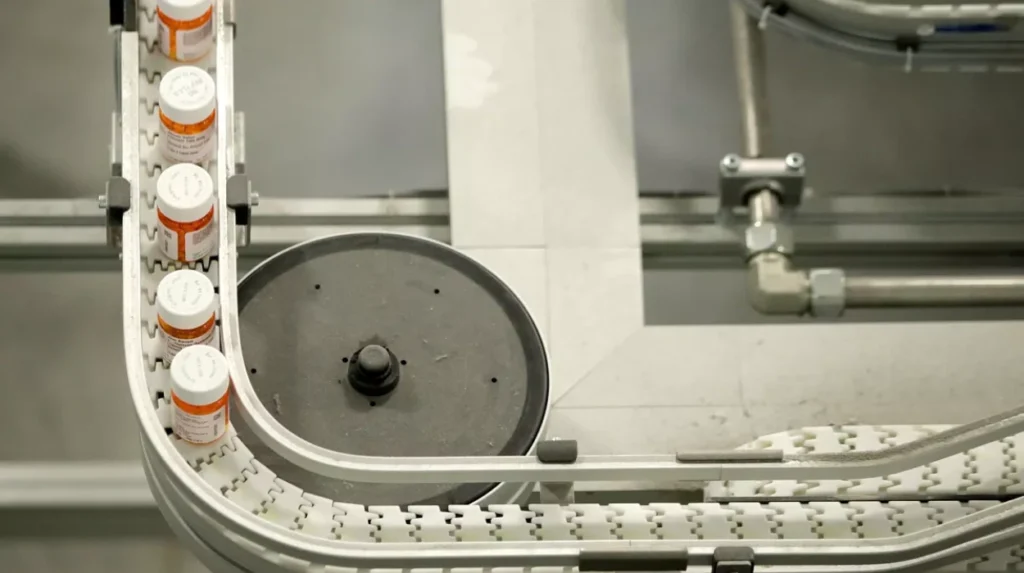Big pharmaceutical companies are some of the most powerful lobbying forces in the European Union (EU), spending tens of millions of euros yearly to influence health policy, drug regulation, and market conditions. Their extensive lobbying efforts raise significant transparency challenges and provoke ongoing debates about public health priorities versus corporate profit motives.
Introduction: The Power of Big Pharma Lobbying in the EU
The pharmaceutical industry, often referred to as “Big Pharma,” is a major player in the EU policymaking arena. With an annual lobbying expenditure that exceeds €40 million, the industry wields considerable influence over EU institutions, shaping legislation affecting drug approval, pricing, patents, and public health strategies. This financial muscle far outpaces the combined advocacy spending of public interest groups, resulting in a significant imbalance in the policy debate. Underlying this influence are concerns about the opacity in lobbying activities and the conflict between profit-making interests and broad societal health goals.
Scale and Scope of Pharmaceutical Lobbying
Research by Corporate Europe Observatory and Health Action International shows that European pharmaceutical companies spend over €40 million per year on lobbying EU decision-makers. Nearly half of this is allocated toward in-house lobbyists embedded within Brussels. Estimates suggest that there are more than 200 active lobbyists working for pharmaceutical interests in the EU, orchestrating extensive meetings with European Commission departments, Members of the European Parliament (MEPs), and other officials.
Compared to public health-focused non-governmental organizations (NGOs) spending around €3.4 million annually, the disparity underscores the unequal playing field. Moreover, many pharmaceutical companies fail to register or fully disclose their lobbying activities due to the voluntary nature of the EU’s Transparency Register, with unreported spending potentially pushing the actual figure close to €91 million annually. This level of expenditure is comparable to or higher than the lobbying budgets seen in the United States.
Key Areas of Influence and Controversies
One notable impact of Big Pharma lobbying is on intellectual property laws, including the EU’s orphan medicines regulation, which grants market exclusivity for up to 10 years to companies developing treatments for rare diseases. While intended to promote drug development where commercial incentives are limited, this regulation has been exploited by pharmaceutical firms to secure extended monopolies, leading to high drug prices and limiting access to affordable generics or biosimilars.
During the COVID-19 pandemic, pharmaceutical companies vigorously lobbied the European Commission against collective procurement strategies and pricing controls meant to ensure equitable access to vaccines and treatments. The industry’s use of fear-based messaging surrounding vaccine scarcity played a role in winning lucrative advance purchase agreements, which some critics argue prioritized profits over public health needs.
The influence of pharmaceutical lobbying has also extended to delays in the availability of cheaper generic medicines, as enhanced data protection rules advocated by industry interests slow down competitor market entry, sustaining high medication costs across member states.
Transparency Challenges and Calls for Reform
Transparency in lobbying is a vital issue in the EU pharmaceutical policymaking process. Currently, registration in the EU Lobby Transparency Register is voluntary, allowing significant gaps in reporting. This voluntary system reduces accountability and makes it difficult for the public and policymakers to assess the true scale and impact of pharmaceutical lobbying.
Experts from the European Public Health Alliance and Corporate Europe Observatory have repeatedly called for mandatory and stricter lobbying disclosures to ensure reliable information on the industry’s activities. Enhancing transparency is seen as critical to rebalance policy influence toward public interest and prevent corporate capture of regulatory decisions.
Toward Better Governance in EU Health Policy
Addressing the democratic deficit in pharmaceutical lobbying requires concerted actions:
- Implementing mandatory registration and full disclosure of lobbying expenditures and meetings.
- Strengthening ethical standards to prevent conflicts of interest, especially where industry funding impacts public health agencies or advisory committees.
- Revising regulatory frameworks, such as orphan drug rules, to close loopholes that allow undue market exclusivity.
- Encouraging independent public funding for drug research and ensuring that returns from publicly funded R&D serve public health objectives rather than private profits.
These measures would help ensure that health policies prioritize patient access, affordability, and scientific rigour over corporate financial interests.
The lobbying power of Big Pharma in the EU represents a formidable challenge to health equity, transparency, and democratic policymaking. With annual expenditures eclipsing €40 million and growing opacity in lobbying practices, the industry’s influence affects medication availability, pricing, and regulatory frameworks in ways that often conflict with public health goals. Strengthening transparency mechanisms and reforming industry-favouring regulations are critical steps toward achieving a more balanced, accountable, and equitable European health policy landscape.







